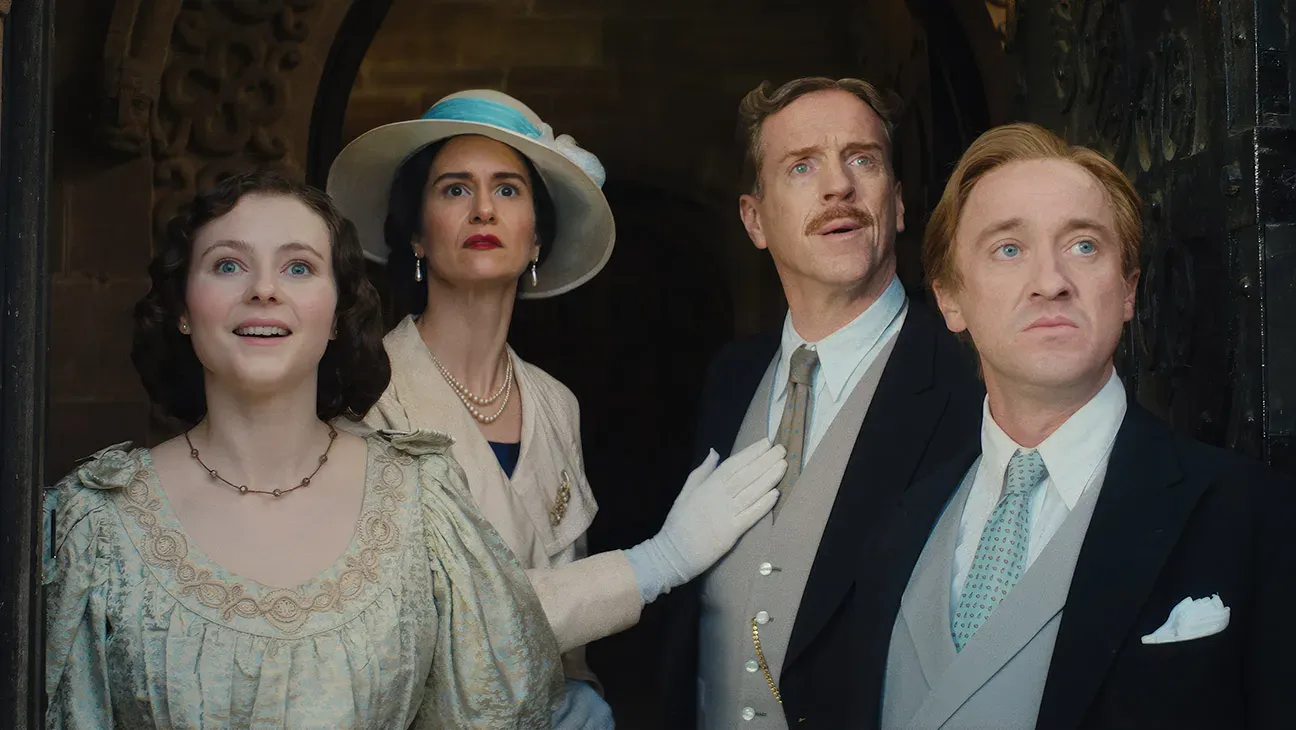
The Summer Book (2024) - Movie Review
- Oct 18, 2024
Adapted from Tove Jansson's novel, Charlie McDowell's film 'The Summer Book' is a moving testament to the transformative power of nature on human lives. The movie, set on a tiny island in Gulf of Finland, echoes the serene, unhurried pace of island life, providing plenty of room to linger on scene details, and crafting an affecting family drama that soothes like an old-world lullaby.
The movie stars Glenn Close as a grandmother nearing the end of her life, subtly hinting at the fragile nature of memory as she finds herself slowly forgetting the feeling of sleeping in a tent under the stars. Her granddaughter, played by Emily Matthews, brings this recollection back to life, underscoring their bond and the magic of shared memories.
The film's narrative, while sparing in terms of plot, sets the stage for the unique interplay between the characters and the power of the natural elements surrounding them. Nature, in its eeriness and tranquility, plays the role of the third main character, sharing the focus with the grandmother and the granddaughter.
Rooted in Jansson’s own emotional and physical connection to the island of Klovharu – she spent much of her life there with her life partner, the film progresses with a soothing rhythm, striving for authenticity of experience over bombastic plot twists. It's the deep sense of attachment to the island that Close's character passes on to her granddaughter, through intimate moments of shared living.
The movie is not without its share of melancholy, with Sophia, the granddaughter, trying to grapple with the silence of her father in the wake of her mother’s death. The grandmother assumes the role of a calming agent, gently interceding, even as her own health deteriorates. It’s her steadfastness and an endearing stillness, amidst the shared pain, that adds an intriguing layer to her character.

The innate bond between Sophia and her grandmother and their shared exploration and discovery of the island – and through it, bits of life itself – form the emotional core of the story. The narrative finds its climax in the form of a cathartic storm, allowing a space for healing and reconciliation within the fragmented family.
Despite the looming inevitability of the grandmother's death, the film handles the theme with gentle restraint. Her final moments artfully depict a peaceful surrender to nature, adding a poignant note to the story.
Analogous to Jansson’s own experiences, the production design and the lack of contemporary props create an authentic atmosphere harkening to the past. The island, in showcasing its untamed beauty and roughness, becomes the unspeakable heart of the film.
Containing an understated score by Polish pianist Hania Rani and featuring the constant presence of nature’s sounds, 'The Summer Book', though a slim volume in terms of content, manages to tell a potent story of life, loss, love, and the enduring power of nature.







